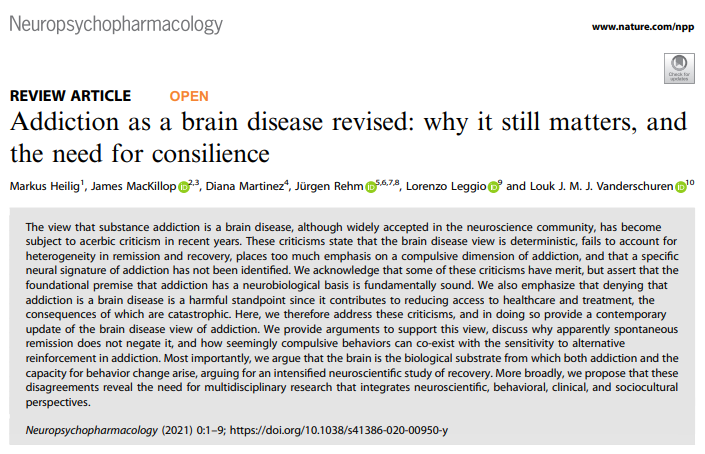
1/
Was just thinking there were few mass shootings during the pandemic.
Unfortunately, it looks like we're getting "back to normal" now.
This thread has some of my thoughts on mass shootings, #guns , & #GunReform through the years:
#Boulder #Atlanta
aeon.co/essays/does-a-…
Was just thinking there were few mass shootings during the pandemic.
Unfortunately, it looks like we're getting "back to normal" now.
This thread has some of my thoughts on mass shootings, #guns , & #GunReform through the years:
#Boulder #Atlanta
aeon.co/essays/does-a-…
3/
"...while a few mass shooters in history have had serious mental illnesses, the more typical shooter has experienced the kind of milder difficulties with mood, anxiety, and social interactions with which most of us have some personal familiarity."
psychologytoday.com/us/blog/psych-…
"...while a few mass shooters in history have had serious mental illnesses, the more typical shooter has experienced the kind of milder difficulties with mood, anxiety, and social interactions with which most of us have some personal familiarity."
psychologytoday.com/us/blog/psych-…
4/
"If psychiatric medications were being taken, it might be more accurate to say that they weren't working very well rather than assuming causality in terms of violence."
psychologytoday.com/us/blog/psych-…
"If psychiatric medications were being taken, it might be more accurate to say that they weren't working very well rather than assuming causality in terms of violence."
psychologytoday.com/us/blog/psych-…
5/
"...gun violence among men is sometimes about compensating for feelings of impotence with fantasies of revenge that often end in suicide or the perpetrator being killed by law enforcement. Going out with a bang, if you will."
psychologytoday.com/us/blog/psych-…
"...gun violence among men is sometimes about compensating for feelings of impotence with fantasies of revenge that often end in suicide or the perpetrator being killed by law enforcement. Going out with a bang, if you will."
psychologytoday.com/us/blog/psych-…
6/
"...declarations that all active shooters must simply be mentally ill are misleading & unhelpful.”
"But once again, the lack of a diagnosis of mental illness doesn’t mean that active & mass shooters are mentally healthy. In most cases, they’re not."
psychologytoday.com/us/blog/psych-…
"...declarations that all active shooters must simply be mentally ill are misleading & unhelpful.”
"But once again, the lack of a diagnosis of mental illness doesn’t mean that active & mass shooters are mentally healthy. In most cases, they’re not."
psychologytoday.com/us/blog/psych-…
7/
"The Church of the AR-15 is the United States of America. Or half of it.
Is that crazy? Is the love many Americans have for their guns a cultish obsession or a healthy fetish? The answer depends on who you ask. And whether or not they own a gun."
psychologytoday.com/us/blog/psych-…
"The Church of the AR-15 is the United States of America. Or half of it.
Is that crazy? Is the love many Americans have for their guns a cultish obsession or a healthy fetish? The answer depends on who you ask. And whether or not they own a gun."
psychologytoday.com/us/blog/psych-…
8/
"The roots of mass murder are much more integral and insidious than that, like cancer that's born within our own bodies of cells gone awry."
psychologytoday.com/us/blog/psych-…
"The roots of mass murder are much more integral and insidious than that, like cancer that's born within our own bodies of cells gone awry."
psychologytoday.com/us/blog/psych-…
9/
...and finally, an academic paper about how fear can hamper progress despite widespread agreement on "common sense" gun legislation:
nature.com/articles/s4159…
...and finally, an academic paper about how fear can hamper progress despite widespread agreement on "common sense" gun legislation:
nature.com/articles/s4159…

@threadreaderapp unroll please
@amybarnhorst @meganranney @EmmyBetz @JonathanMetzl @sandrogalea @AllenFrancesMD @ViolenceWonks @DrSarteschi @MkRBol @drrichardtaylor @awaisaftab @paulsummergrad @jonathanstea @tylerblack32 @DrWinarick @DebiecJacek @evolutionarypsy @dawso007 @MarkLRuffalo @pash22 @z
• • •
Missing some Tweet in this thread? You can try to
force a refresh







